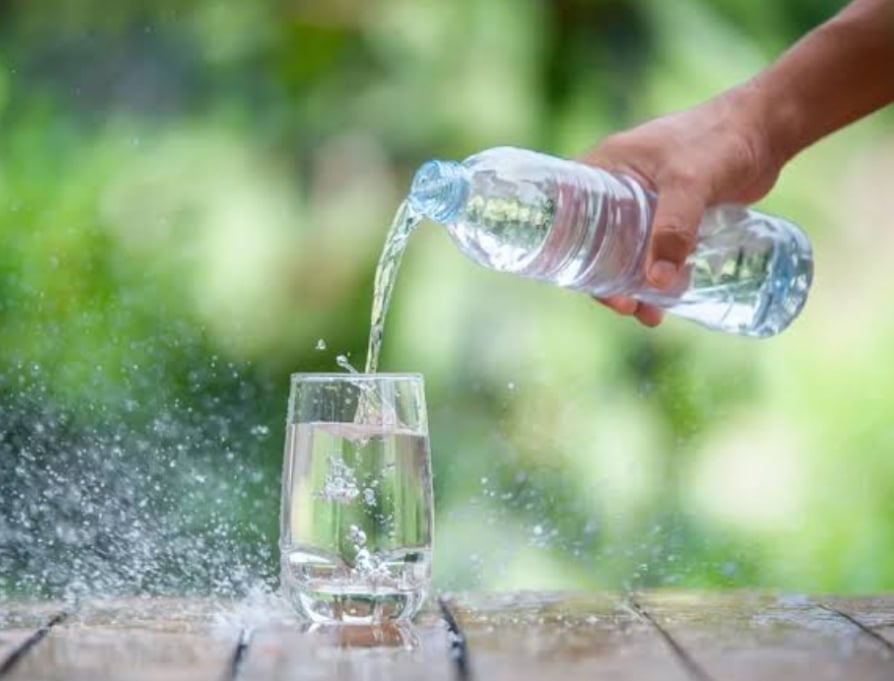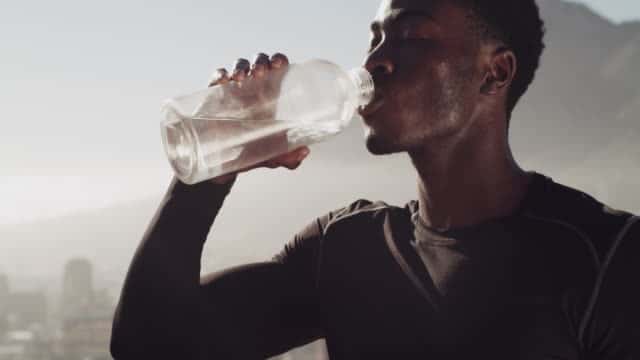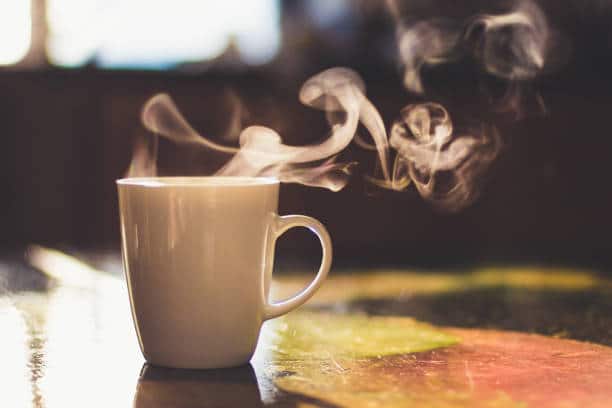
Drinking cold water at night is a common habit for many people, especially during hot summer months. While it may seem harmless, there are several reasons why it’s generally advisable to avoid consuming very cold water before bedtime. In this detailed explanation, we’ll explore these reasons, their potential consequences, and alternatives for a more restful night’s sleep.
Sleep Disruption: Drinking cold water before bed can disrupt your sleep patterns. Your body naturally cools down as you prepare to sleep, and consuming cold water can lower your core body temperature abruptly. This can lead to a temporary increase in metabolic rate, making it challenging to fall asleep and stay asleep throughout the night.
Increased Metabolism: Cold water can stimulate your metabolism as your body works to raise its temperature back to its optimal level. This increase in metabolic activity can lead to restlessness and make it harder for you to achieve a state of relaxation conducive to sleep.
Digestive Disturbance: Consuming cold water before bedtime can potentially affect your digestive system negatively. Cold water can constrict blood vessels in your stomach and slow down the digestive process, making it more difficult for your body to break down food. This can result in indigestion or discomfort during the night.

Frequent Urination: Cold water, like any other beverage, can increase your need to urinate. Drinking it close to bedtime may lead to multiple trips to the bathroom during the night, disrupting your sleep and preventing you from getting a good night’s rest.
Muscle Contraction: Cold water can cause muscles to contract. While this is usually not a problem during the day, at night, it can lead to muscle cramps or spasms, potentially waking you up in discomfort.
Decreased Hydration: Cold water may be less appealing to drink in large quantities, leading to reduced hydration. Staying adequately hydrated is essential for overall health and can impact the quality of your sleep. Dehydration can cause symptoms like dry mouth, headache, and a feeling of general discomfort during the night.
Potential for Teeth Sensitivity: Consuming very cold water, especially if you have sensitive teeth, can lead to discomfort or pain. This can make it harder to relax and fall asleep comfortably.
Impact on Body Temperature Regulation: Your body has a natural circadian rhythm that regulates temperature fluctuations throughout the day and night. Consuming cold water at night can disrupt this rhythm, potentially making it harder for your body to cool down naturally in preparation for sleep.
Alternatives to Drinking Cold Water at Night
While drinking cold water at night might not be the best choice for various reasons, there are alternatives that can help you stay hydrated without negatively impacting your sleep:
Room Temperature Water: opt for room temperature or slightly warm water before bedtime. This is less likely to disrupt your body’s temperature regulation and digestion.

Herbal Tea: Herbal teas like chamomile or lavender can be soothing and hydrating options before bed. These teas are caffeine-free and can promote relaxation.
Hydrate Throughout the Day: Ensure you stay adequately hydrated during the day to minimize the urge to drink a large quantity of water before bed.
Limit Caffeine and Alcohol: Avoid caffeinated and alcoholic beverages in the evening as they can dehydrate you and interfere with your sleep quality.
Small Sips: If you must drink water before bed, take small sips to avoid overhydration and frequent bathroom trips.
Hydrate Early: Try to finish your water intake at least an hour or two before bedtime to allow your body time to process fluids.
In summary, while drinking cold water at night might seem harmless, it can have several negative effects on your sleep quality and overall well-being. Opting for room temperature water or alternative beverages can help you stay hydrated without disrupting your sleep. Remember that individual tolerance varies, so it’s essential to pay attention to how your body responds and adjust your habits accordingly




